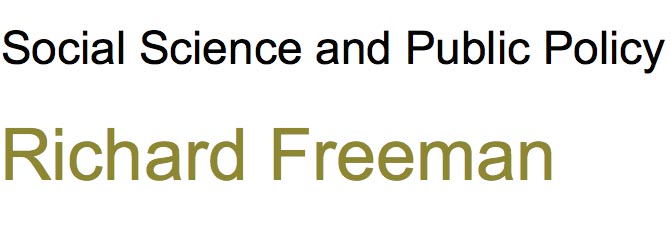Nice citations, at least, if not ex-citations. Like lots of us, I guess, most of what I’ve written appears again (if it appears at all) as a name and number, person and date inserted in someone else’s argument, to be read as simple ciphers for the complex body of information and ideas which was my paper, and at the same time for a particular reading of it which I, its author, may or may not recognise.
Some citations do a bit more than buttress someone else’s sentence. They entail an acknowledgment, a recognition of value, a form of thanks and I’m especially grateful for them.
Simin Davoudi’s essay for Planning Theory (2015) on planning activity as a ‘practice of knowing’ was, she notes, ‘inspired by Freeman (2007)’, which in turn was about learning as ‘epistemological bricolage’: http://journals.sagepub.com/doi/full/10.1177/1473095215575919
Jo Ingold and Mark Monaghan’s paper in Policy and Politics (2016) drew on ‘What is translation?’ (2009) in exploring policy makers’ use of evidence: http://www.ingentaconnect.com/contentone/tpp/pap/2016/00000044/00000002/art00002
I noted the very limited treatment of meetings in the policy literature in ‘Learning by meeting’ (2008). Yannis Papadopoulos’s recent account of a European Platform on Regulatory Authorities in Regulation and Governance (2017) set out ‘to take Freeman’s critical comment seriously’: https://onlinelibrary.wiley.com/doi/full/10.1111/rego.12171
